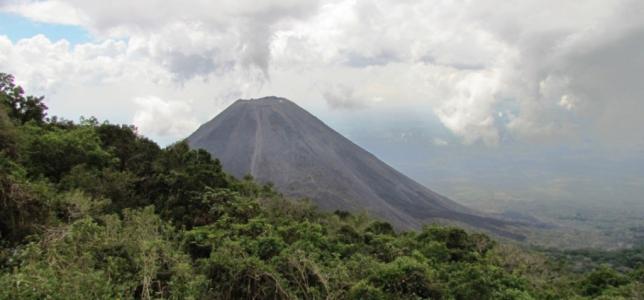El Salvador is the smallest country in Central America, but with a population of seven million, it is also the most densely populated country on the mainland of all the Americas. It is a mountainous country with two mountain ranges running parallel, east to west, and a central plateau between the two ranges. The Pacific Ocean is the South/West border of the country. Located on the “Ring of Fire” chain of active and dormant volcanoes, El Salvador is prone to natural disasters such as earthquakes, volcanic eruptions and hurricanes.
From 1980 to 1992 El Salvador was ravaged by civil war, known as the Twelve Year War. The war ended in 1992 when the UN brokered a peace agreement. Tragically, soon after El Salvador began to recover it was struck with a series of natural disasters in the form of hurricanes and earthquakes, which left millions homeless. Like most of Latin America, El Salvador suffers from an extreme division of wealth, with many neighborhoods in cities lacking basic water and/or sanitation services.






